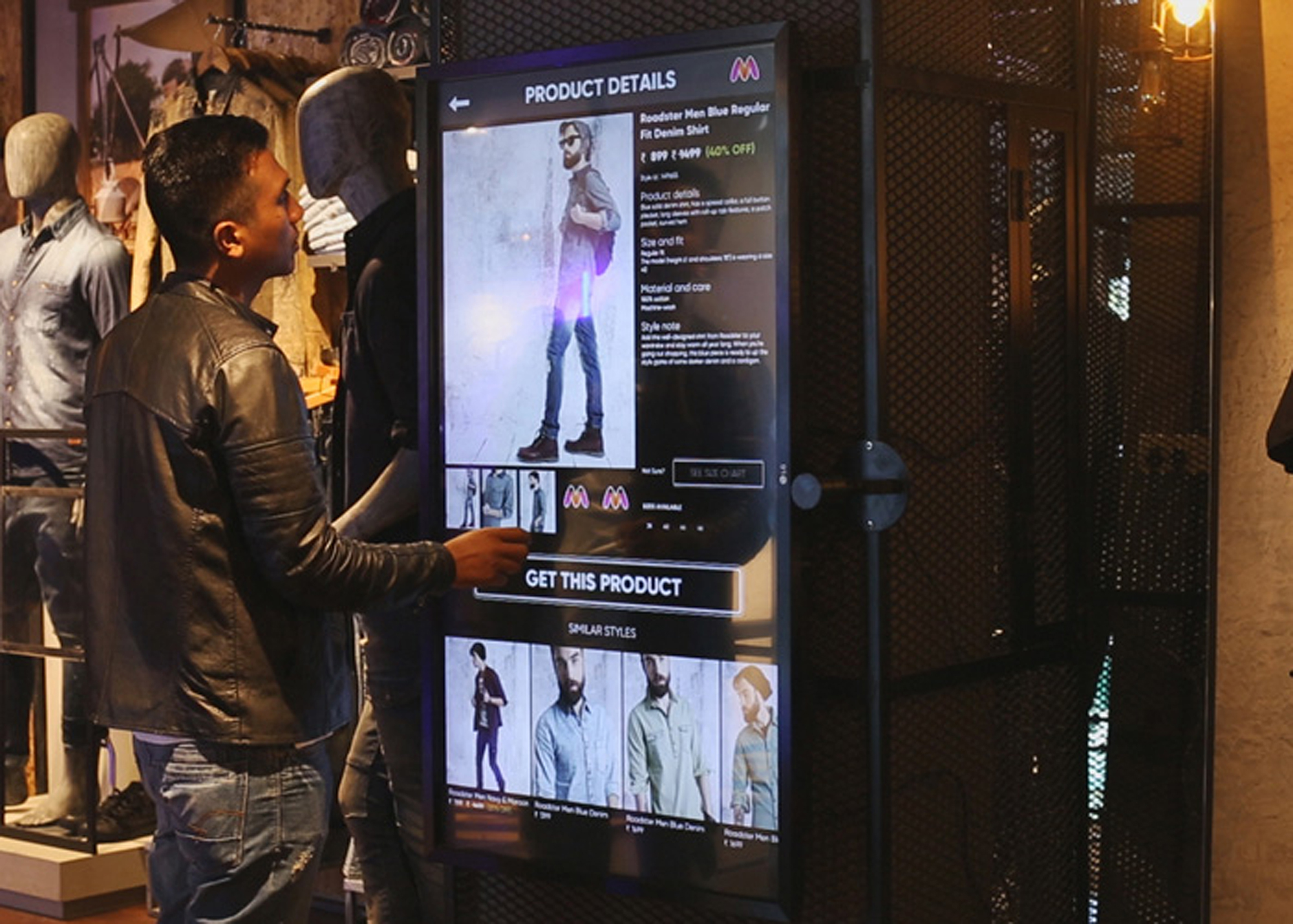Augmented reality and virtual reality technologies were introduced to the world with much hope and expectations as many large corporates and startups sweared by these hot tech innovations. While industry experts such as Sameet Gupte, CEO of Servion Global said that companies must adopt AI and VR or they might lag behind the competition, the industry doesn’t seem to be quite sticking to the idea. He had shared in an interaction with AIM that AR and VR have become a game-changer in enhancing the customer experience.
Has India Seen Enough Traction In The Space?
The last update we had of augmented reality been adopted with much fanfare in India was in Myntra where AR was adopted to give customers a 360-degree experience. As shopping today is no more a need-based activity but an experience, providing unique opportunities to customers is the need of the hour for the retailers. Technologies such as AR and VR provide that scope to retailers to develop strategies for delivering a digital experience and boost the overall business. It is a trend that should have quickly picked up, given the stark importance it has.
While there have been other instances of companies such as Grohe, Europe’s biggest manufacturer of sanitary-ware fittings showroom adopting virtual reality in countries such as Singapore, India is yet to see some major breakthroughs in VR technology apart from the gaming industry.
To upsurge consumer engagement and traffic, the company adopted VR to give an immersive experience of their products such as shower systems which is otherwise hard to explain orally. As a part of the demo, the customers could choose a shower systems they wanted to experience on the tablet and step into the booth. Simulation by virtual reality experience would do the rest.
Apart from retail, gaming, education sector in India has picked up VR too. Byju, the EdTech company is using virtual reality to bring a new angle to experiential learning.
The AR and VR experience provider behind the earlier two use cases is Xenium Digital, a company that has earlier been listed on our top 10 AR/VR companies in India list. The company is facilitating multiple immersive applications and interactive technologies for companies across the globe, including India. There are many other startups that are providing these experiences, but we have to still witness breath-taking innovations in the field, especially in India. There is also no significant funding for these companies since we last covered about AR market trends in India, barring few instances such as Holosuit raising an undisclosed amount of funding from YWC sports.
“In India, adoption of AR/VR in retail is still at a nascent stage, though the future looks promising on the back of several innovative startups,” Karthik Bettadapura told AIM. He is the co-founder and CEO of DataWeave, a company that provides competitive intelligence to retailers.
He strongly believes that the potential for leveraging AR and VR to deliver differentiated customer experiences is immense. “We need to look no further than China for an example, where AR/VR is championed as part of Alibaba’s ongoing effort to promote ‘New Retail’, a unique approach to omnichannel retail, which focuses on providing cutting-edge digital experiences to shoppers in modern and traditional physical retail outlets”, he added.
Parveez Nasyam, CEO and Managing Director, Xenium Digital believes that brands are adopting AR as a non-intrusive method of showcasing their content while trying to make people’s lives better. “AR and VR are gradually transforming the marketing landscape from being a luxury to a necessity for brands to stay relevant in the world we live in,” he said in a brief conversation with AIM.
What Does The Future Look Like?
There is no denying that virtual reality and augmented reality are a household name today as many brands are creating content specially for this platform. Given the frenzy around this new tech, not just in shopping but VR is extensively being used to witness live sporting event and concerts. “Virtual reality is now available for shoppers who do not wish to step out of their comfort zone or providing a guided property tours to real estate clients or simply showcasing a brand’s vision or inducting a new joinee,” said Nasyam.
He also shared that augmented reality is slowly been creeping up on millennials via social media platforms such as Instagram and Snapchat. “The new and disruptive factor in AR, that will allow millions of smartphone users to access it, is the web-based AR kit that only needs a browser to access this technology”, he added.
While gaming has been the key adopter of VR till now, in the coming years entertainment, manufacturing and healthcare would be the prominent markets adopting these technologies. Despite the slow progress, it is quite likely that India will see a boost in the space and turn out to be one of the key industries contributing to the revenues in the country.
Provide your comments below
comments




